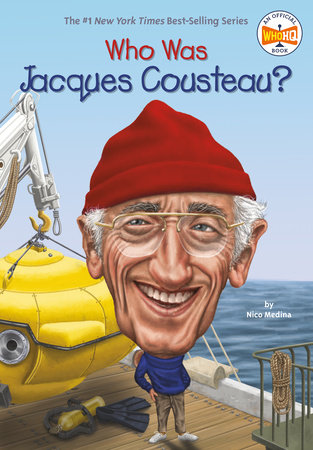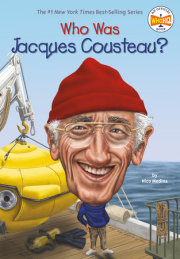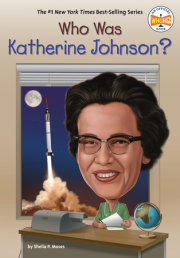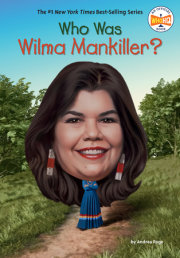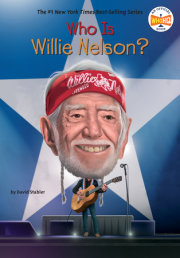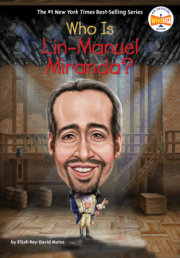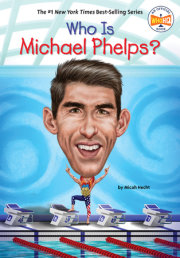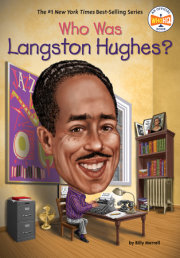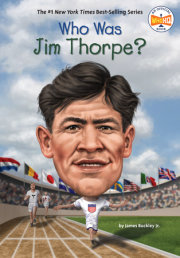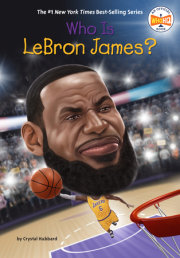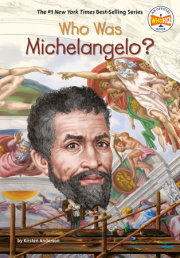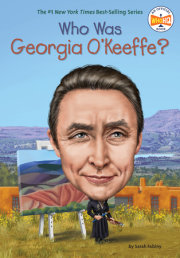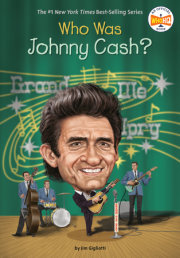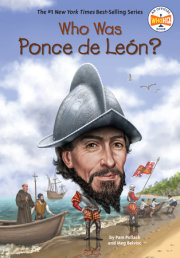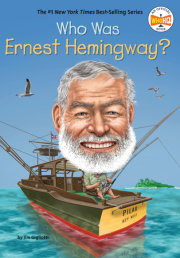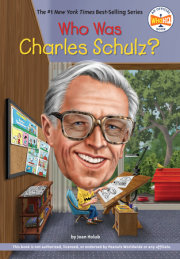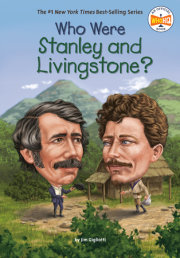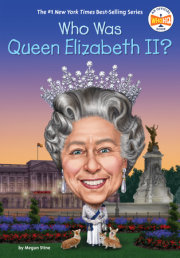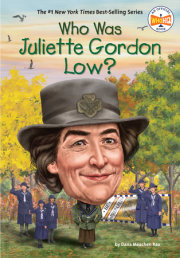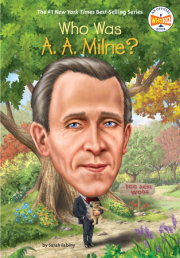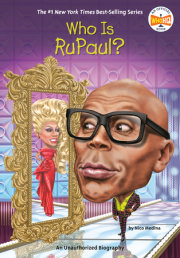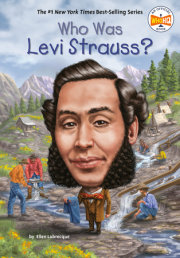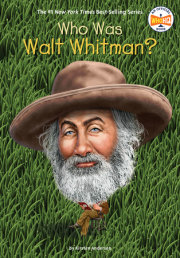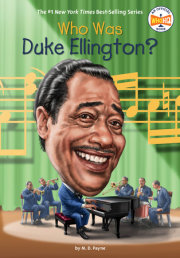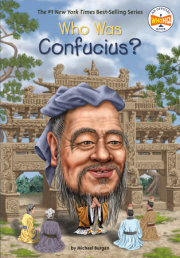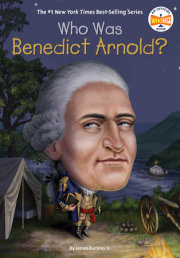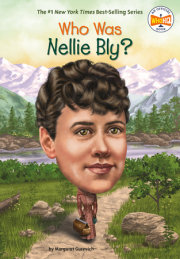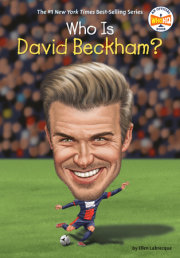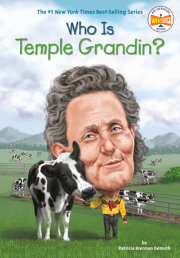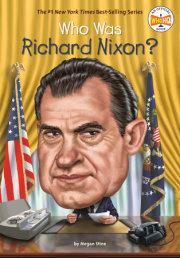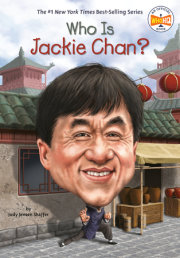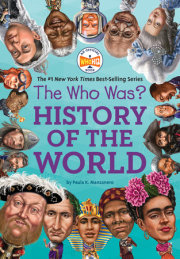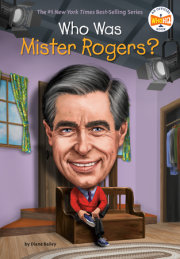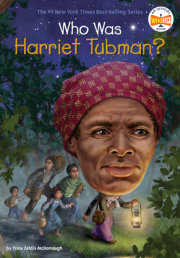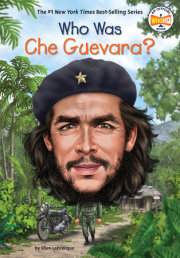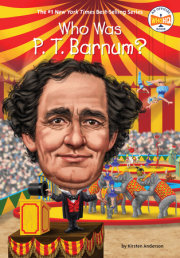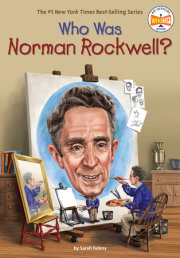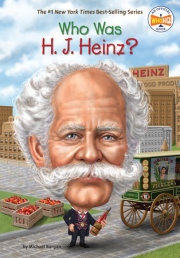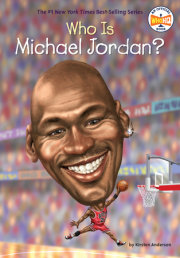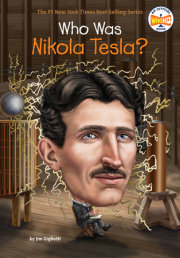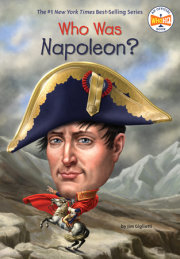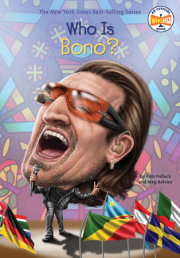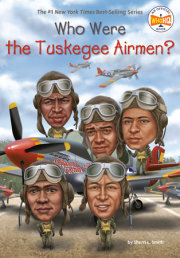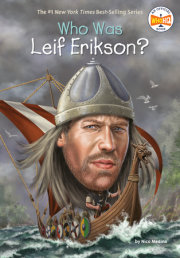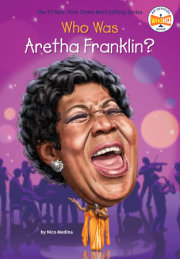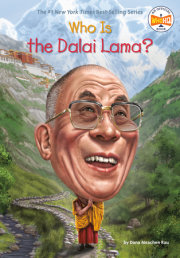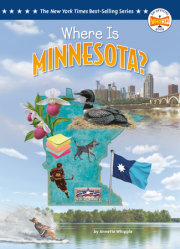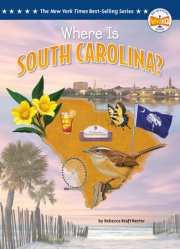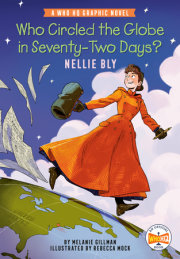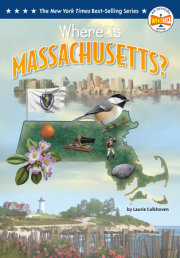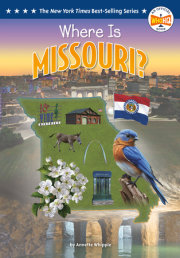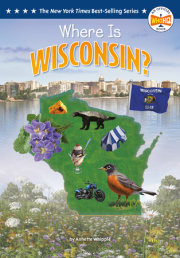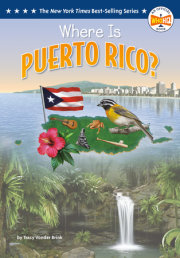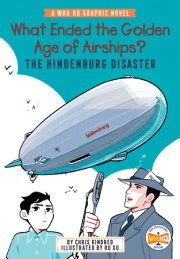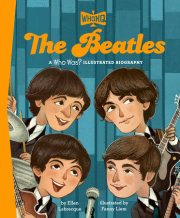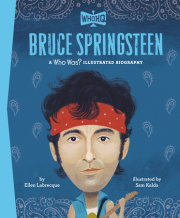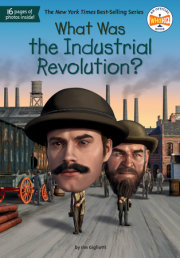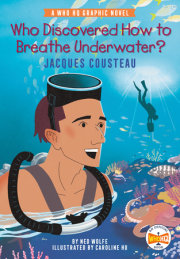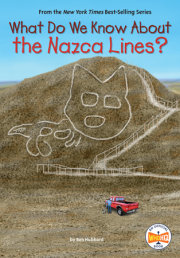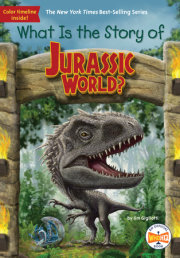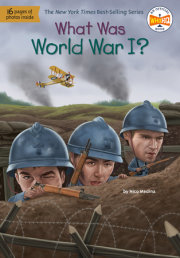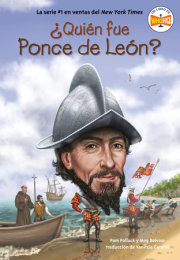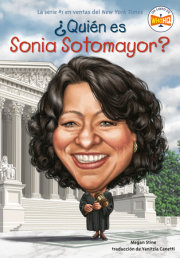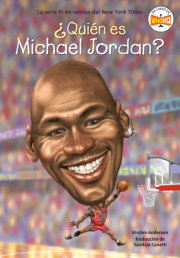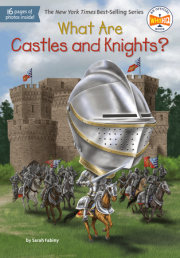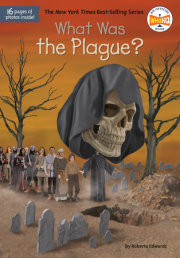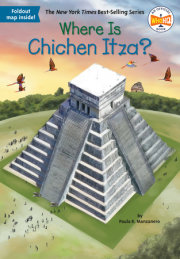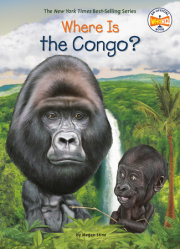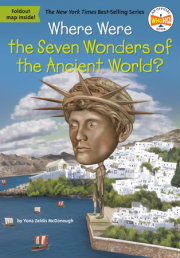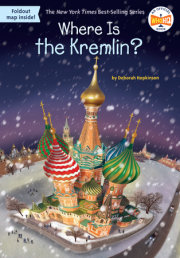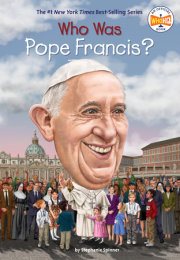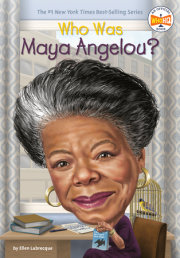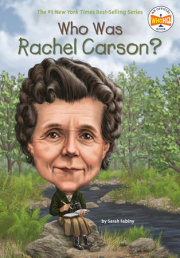Who Was Jacques Cousteau?
In 1920, ten-year-old Jacques Cousteau and his family were living in New York City.
Jacques and his older brother, Pierre-Antoine, liked playing stickball in the street outside their apartment on West Ninety-Fifth Street.
But besides stickball, Jacques was not a sports fan. He was skinny and sickly, and shy around other kids. Pierre-Antoine was his best friend.
That summer, the brothers were sent away to camp in Vermont. One day, while horseback riding, Jacques’s horse threw him to the ground. Jacques refused to ride for the rest of the summer.
Jacques was sent to the lake and ordered to remove leaves and branches from the water so the other boys could have a clean swimming space.
This so-called “punishment” would change Jacques’s life forever.
Jacques dived to the bottom of the lake and opened his eyes, hoping to see the underwater world around him. But the water was too muddy. It stung his eyes, and he could barely see past his own two hands.
Regardless, Jacques wanted to linger beneath the surface. He held his breath for as long as he could. He even tried breathing through a hollow reed (a long, sturdy piece of grass), but that didn’t work very well.
Jacques felt free swimming in the water. He welcomed the opportunity to visit the lake every day that summer.
As an adult, Jacques pioneered new techniques for diving, breathing, filming, and even living underwater. He outgrew his shyness to become a worldwide celebrity, best-selling author, Oscar-winning moviemaker, and television star who brought breathtaking images of ocean life to millions of people the world over.
Chapter 1: On the Move
On June 11, 1910, in a small French market town fifty miles from the Atlantic coast, Jacques Cousteau was born. (Say his name like this: zhock koo-STOW.)
Soon after, Jacques’s parents, Daniel and Elizabeth, and older brother, Pierre-Antoine, returned to their home in Paris.
Daniel was an attorney and personal assistant to an American millionaire living there. His job required him to travel with his boss constantly. The Cousteaus were on the move for much of Jacques’s early years. One of his first childhood memories was being rocked to sleep on a train.
Although Jacques was weak and often ill, he was determined. On a family trip to Deauville, a fashionable seaside resort, Jacques learned to swim. He was only four.
When World War I broke out in 1914, German soldiers invaded France. Daniel’s boss returned to America. Jacques’s father was out of a job.
German forces surrounded the city. But the Parisians—with help from their British allies—fought back. Hundreds of taxicabs drove back and forth between the city and the front lines, delivering soldiers and supplies.
The French government left Paris, moving France’s capital to the city of Bordeaux. The Germans never conquered Paris, but life in the city was difficult as the war raged on.
Food, water, and electricity were rationed—people were allowed only a certain amount of each resource. German aircraft, called zeppelins, dropped bombs on the city.
When Jacques was seven, he and his family moved back to their village.
In the spring of 1918, the Germans made one final push toward Paris. This time, the Americans were there to help the French and the British. The Germans were pushed back once again. By the end of the year, a cease-fire was called. In 1919, the war formally ended.
After the war, Daniel got a job working for another American millionaire, Eugene Higgins. In 1920, the Cousteaus moved to New York City with Mr. Higgins. On the eight-day voyage across the Atlantic, ten-year-old Jacques began to come out of his shell. He made friends with the crew, and explored every corner of the huge ship.
In America, Jacques’s brother was his only real friend. Pierre-Antoine liked to be called “PAC,” the three initials of his name. Jacques decided, to be just like his older brother, he would be called “Jack.” It sounded very American.
Jacques did not like school or sports. He liked to build things—like model planes and boats. And he liked to take them apart to see how they worked.
That first summer, Jacques and his brother went to camp in Vermont. That’s where Jacques first began to imagine what it would be like to move and breathe freely underwater.
In 1923, the Cousteaus moved back to France. Jacques saved three months’ allowance and bought a used Pathé Baby, a hand-cranked movie camera. As soon as Jacques got home, he took the camera apart and put it back together again.
With a camera in his hand, Jacques finally shook off his shyness. Looking through the lens, he could talk to anyone . . . even pretty girls. Jacques made friends, and they made short movies together. At fourteen, Jacques filmed his first full-length feature: a cousin’s wedding.
Jacques still disliked school. His grades were bad, and he was more interested in making movies than sitting quietly in a classroom. When he was caught breaking windows in one of the school’s stairwells, Jacques said he was only conducting an experiment. He was testing the difference between a rock that was thrown weakly and one that was thrown forcefully.
Jacques conducted this “experiment” on seventeen windows! He was expelled from school.
Jacques’s parents took away his camera and sent him to a strict boarding school 250 miles away. Strangely, the school’s harsh rules suited Jacques, and without his camera to distract him, he blossomed. In 1929, nineteen-year-old Jacques graduated from high school. The next year, he joined the French Navy.
With his trusty camera back in hand, Jacques Cousteau was ready for a life of adventure.
Copyright © 2015 by Nico Medina. All rights reserved. No part of this excerpt may be reproduced or reprinted without permission in writing from the publisher.

